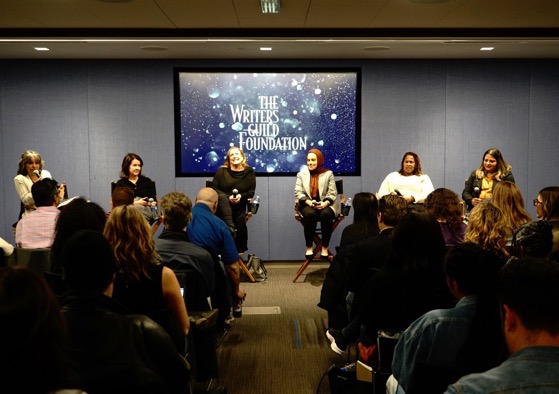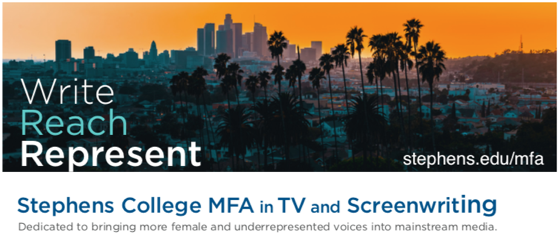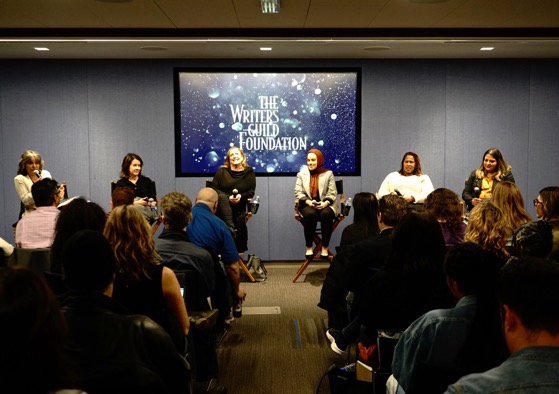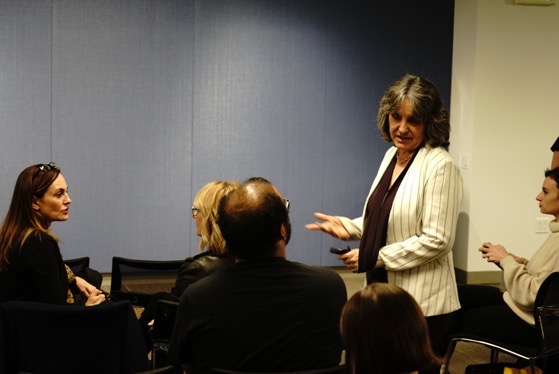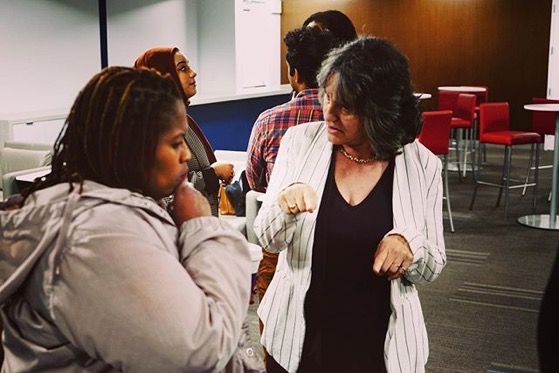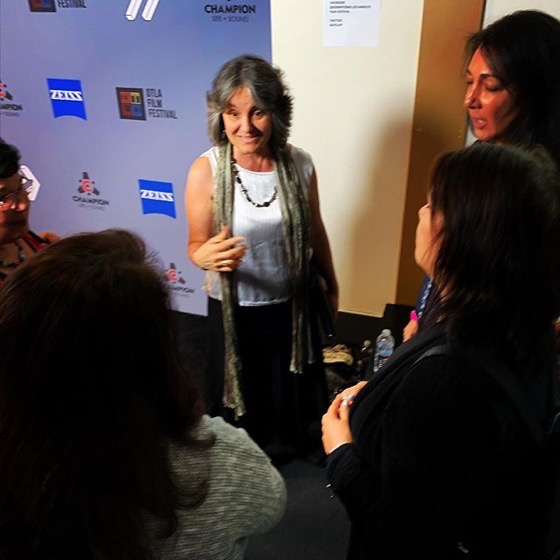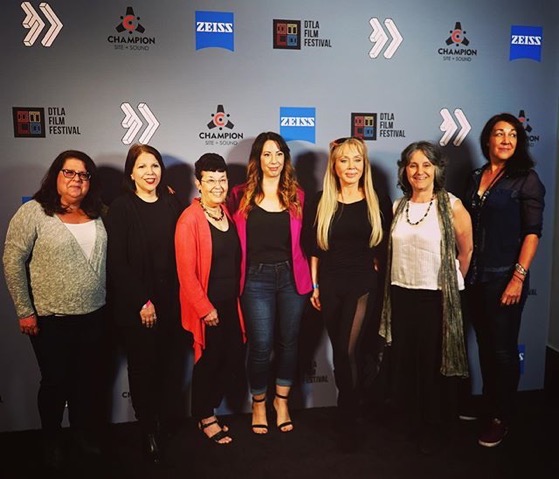
I’m excited to fly to Denver again this year (twice actually – once for the SCMS conference in April and once for SeriesFest in June – more about that in another post!).
For SCMS (Society for Cinema and Media Studies) I was invited to be part of a panel with 3 other fascinating female academics discussing How Unreliable Narrators harm giving women enough credit in historical research.
A great deal of women’s work has gone uncredited. Its documentation or evidence may not exist in predictable places. Conceiving of how this work was conducted, or had impact, or might be theorized often pose more questions than answers. Our panel is interesteded in meeting these challenges through new and alternative forms of storytelling. How might we identify creative or productive approaches to historical writing that address absences, gaps, rumors, contradictions, or suspect information?
This may involve examining how biography has informed the construction of a star image. Vicki Callahan confronts the inability to reconstruct Normand’s filmmaking career and piece together missing parts of her star biography due to a lack of documentation (in addition to the scandals that arise at pivotal moments). In contrast, Eartha Kitt made a concerted effort to represent herself through “self-narrativization,” according to Philana Payton (who will present “Eartha Kitt vs. Eartha Mae”). Kitt wrote multiple autobiographies, scrupulously examining her private identity versus her public self on stage and screen.
The notion of narrator–whether unreliable narrator, storyteller, cryptic voice–proves useful here. For example, Normand serves as an unreliable narrator, leading Callahan to place historical weight on her scripts and performances (and performativity). Kitt, on the other hand, asserted her authority (and made a bid for black feminist resistance) by claiming her narrator role.
Taking a long-range historical view, my presentation will consider how certain male filmmakers have been unreliable narrators in reference to their collaborations with women in the industry. They often fail to credit their female collaborators or mentors, especially in public. A similar dynamic occurred with Joan Harrison; many of her film and TV contributions have been obscured because of the bright spotlight on Hitchcock. For Christina Lane, this (along with major gaps in documentation) fed into the challenges of historicizing her life and career. Sources came from unexpected places—Harrison’s housekeepers and caretakers—which created an opportunity for alternative feminist writing strategies.

About SCMS
The Society for Cinema and Media Studies is the leading scholarly organization in the United States dedicated to promoting a broad understanding of film, television, and related media through research and teaching grounded in the contemporary humanities tradition.
SCMS encourages excellence in scholarship and pedagogy and fosters critical inquiry into the global, national, and local circulation of cinema, television, and other related media. SCMS scholars situate these media in various contexts, including historical, theoretical, cultural, industrial, social, artistic, and psychological.
SCMS seeks to further media study within higher education and the wider cultural sphere, and to serve as a resource for scholars, teachers, administrators, and the public. SCMS works to maintain productive relationships with organizations in other nations, disciplines, and areas of media study; to foster dialogue between media industries and scholars; and to promote the preservation of our film, television, and media heritage. We encourage membership and participation of scholars and those in related positions not only in the US but around the world.
